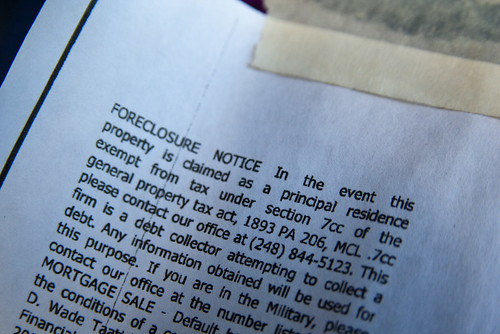There is no shortage of examples of corporate wrongdoing. Officers and directors have been using the business judgment rule as an excuse for corporate malfeasance since the stone age. The defense is used in complex cases, such as mortgage backed securities indiscretions, to the relatively mundane where officers are accused of purchasing New York Knicks season tickets out of the corporate till for personal use.
The business judgment rule, which began as a minor exception, is now so strong a winning argument that the only fun left is trying to prove that it does not cover absolutely all forms of corporate stealing. 🙂
WHAT IS THE BUSINESS JUDGEMENT RULE?
If you are an officer or director of a corporation then you are responsible for managing and directing the business and affairs of the corporation. The larger the business, the more challenging the issues the officers face. Should your fashion tech start-up expand and open up a store? What if the lease is in a building that your family owns and the terms are unfavorable for the company?
If you own a business and have partners and shareholders, you don’t want to be scared that you will be subject to an expensive lawsuit if things don’t work out. However, if the officers and directors are acting against for personal gain and against the interest of the other shareholders, who should be to blame?
The courts have given large leeway to the decisions the directors and officers must make.
Under the business judgment rule, the officers and directors of a corporation are immune from liability to the corporation for losses incurred in corporate transactions within their authority, so long as the transactions are made in good faith and with reasonable skill and prudence.
When lawsuits focusing on the businesses judgement rule are commenced, they are usually highly fact driven and subjective. Was the CEO acting in good faith or did she have dual allegiance? In the example regarding the fashion tech start-up, the issue regarding dual allegiance is relevant but you may not win on that alone.
If you are an office or director and there comes an issue where your business judgement may be called into question, I would suggest that you disclose any potential conflicts up front. Open communication and fostering a business environment based on trust is the best preventive medicine.
The Law Office of Frederic R. Abramson represents business in New York. If you have questions about corporate governance and the business judgement rule, feel free to call me at 212-233-0666.









